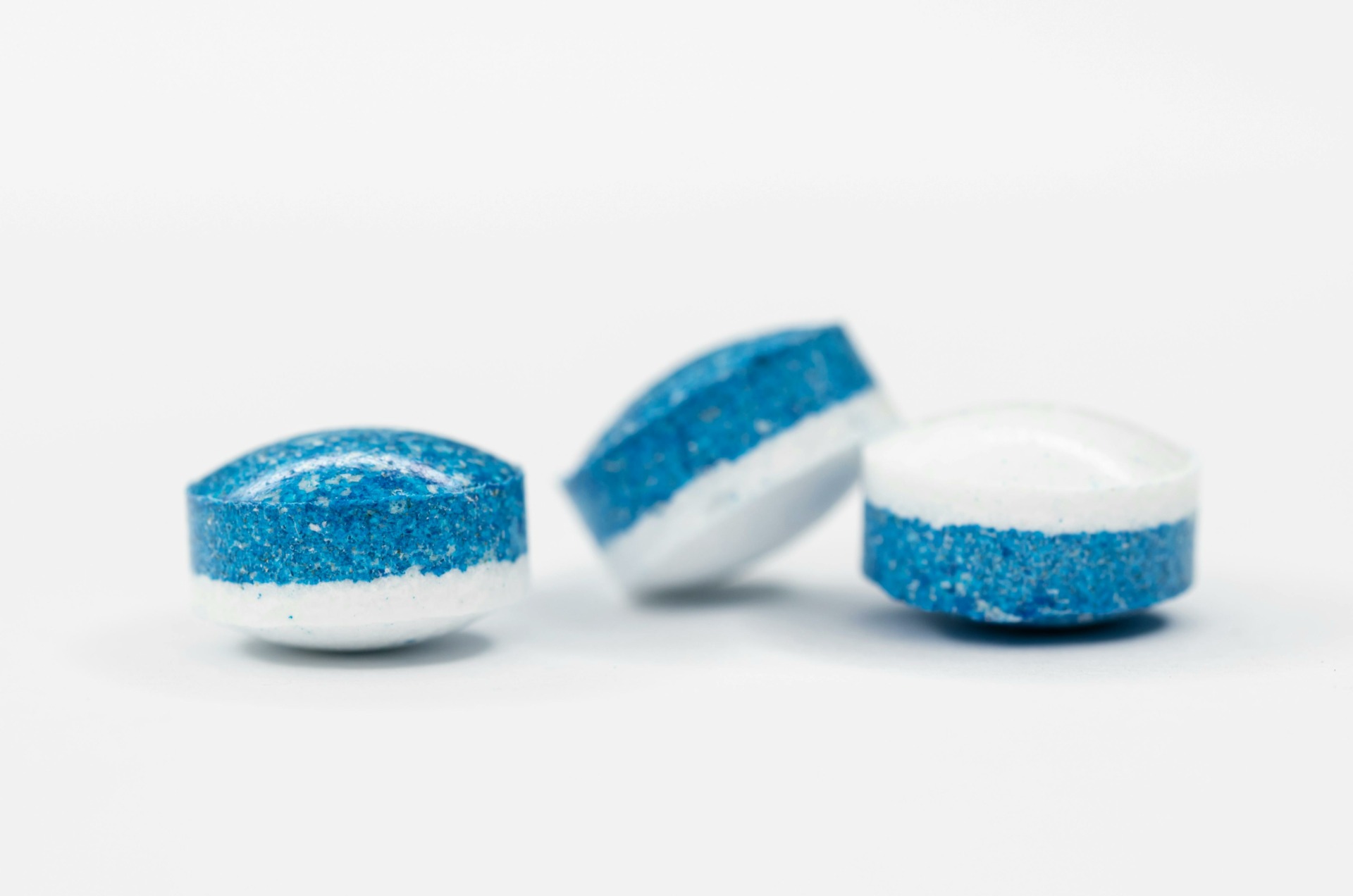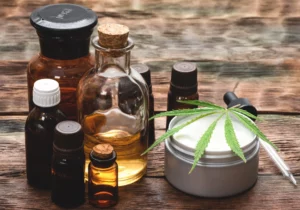Ecstasy, also known as molly, is a party drug best known for its ability to promote trust, emotional openness, and general good feelings. Now, MDMA, the key ingredient in that party drug, has won FDA approval as a “breakthrough” drug that should be fast tracked to production for its potential in treating Post Traumatic Stress Disorder, or PTSD. But that potential has limitations – and cannabis, another controlled substance, may have far broader applications for treating the symptoms of PTSD.
FOLLOW US ON FACEBOOK & INSTAGRAM
Early studies sponsored by the Multidisciplinary Association for Psychedelic Studies (MAPS) reveal that overall, 83 percent of participants no longer met the criteria for PTSD after using MDMA. That kind of success, say MAPS researchers, is reason to push for final studies aimed at getting full approval to market MDMA for PTSD treatment by 2021.
The results
of the MAPS studies have recently made headlines for their promise of new hope for sufferers of PTSD. Those results come from a small number of studies that explore MDMA specifically as a tool for supporting psychotherapy, not as a treatment for PTSD symptoms themselves.
But decades of research has shown that cannabis, or “medical marijuana,” to be a safe and effective treatment for a long list of health conditions, including symptoms of PTSD. Still, cannabis remains a Schedule I substance
with no FDA approval on the horizon, much less recognition as a breakthrough drug.
RELATED: WHY AMERICAN VETERANS AREN’T ALLOWED TO TREAT THEIR PTSD WITH CANNABIS
What Is MDMA?
MDMA is short for 3,4 methylenedioxymethamphetamine – a chemical compound that acts on the brain’s “feel good” neurotransmitters serotonin and, dopamine. It amplifies emotional connectedness, encourages people to be more open and trusting, and promotes a feeling of euphoria and relaxation.
Ecstasy contains MDMA, but the two are not the same. The illegal recreational form of the drug can also include many other ingredients, some of them highly toxic. The MDMA used in PTSD research is a pure, lab-synthesized form of the drug. In all its forms, though, MDMA joins heroin and cannabis on the Drug Enforcement Administration’s list of Schedule I drugs – substances considered highly addictive and having no medical applications.
MDMA Makes PTSD Therapy More Effective
People with PTSD experience a long list of distressing symptoms including nightmares, flashbacks, hypervigilance, anxiety and depression. A number of medications can be prescribed to treat those symptoms, such as antidepressants or sleep aids. But as used in the MAPS studies, MDMA works in a very different and highly specific way to support recovery from PTSD.
A key part of PTSD treatment is therapy to help people process and come to terms with their memories of traumatic experiences. But that can be too difficult for many PTSD sufferers. The MAPS studies explored whether adding MDMA to a therapeutic treatment regimen would make that process easier. This strategy, called MDMA Assisted Therapy, takes advantage of MDMA’s properties for boosting trust, connectedness and emotional openness to create a better patient-therapist bond and encourage open communication.
Participants in the MAPS studies received a dose of MDMA just before or during three separate therapy sessions. Researchers found that the drug helped patients feel safer with the therapist and more comfortable talking about their traumatic experiences. In that way, they were able to get the full benefit of “talk” therapy designed to reduce their symptoms. Participants had no access to MDMA outside their therapy sessions, and never received more than three doses.
Did it work? According to MAPS researchers, 83 percent of participants in the 7 preliminary studies no longer met the criteria for PTSD after using MDMA along with therapy. Each study involved a group ranging from 16 to over a hundred participants, most of whom had been diagnosed with treatment resistant PTSD, and they were followed for up to a year after they received therapy.
Could Marijuana Be A Better Option?
Can MDMA alleviate PTSD symptoms all on its own, without highly structured therapeutic interventions? The MAPS studies don’t address that aspect of the question. But a substantial body of research indicates that cannabis certainly can.
Because cannabis and all its extracts remain on the DEA’s Schedule I, that designation severely limits government-backed research on its medical properties. But a number of large scale academic and private sector studies show that cannabis can relieve a wide range of PTSD symptoms such as insomnia, anxiety, depression and hyperarousal, independent of other kinds of therapies.
Research on PTSD Symptom Relief
The number of studies on medical cannabis for a wide range of conditions including PTSD dwarf the MAPS MDMA studies, where the largest study group consisted of 130 individuals and the typical number of participants in any given study was under 25. Recent studieson medical cannabis have included data from more than 3000 participants in the HelloMD database alone, with as many as 91 percent reporting that they got more symptom relief from cannabis alone than from pharmaceuticals.
Although the MAPS research revealed that MDMA made therapy more effective, it’s important to remember that MDMA use in those studies was limited to just three doses under the supervision of a trained therapist. Private sector and academic research on cannabis over the past two decades show that cannabis products such as cannabidiol, or CBD, can be used safely over long periods of time as needed to relieve PTSD symptoms, whether therapy is involved or not.
MDMA triggers the production of positive neurotransmitters in the brain, but its effects are limited and relatively short term. Cannabis works with the body’s own vast network of endocannabinoid receptors that affect mood, immune response and a long list of other functions. In that way, cannabis can be used when needed for global benefits to both body and mind.
The MAPS research on MDMA is racing to its final stages, bringing with it new hope for PTSD sufferers whose symptoms resist other treatments. But MDMA isn’t the only party drug with medicinal properties. Compared to cannabis, it’s just the newest kid on the block.
If you are new to cannabis and want to learn more, take a look at our Cannabis 101 post. HelloMD can help you get your medical marijuana recommendation; it’s 100% online, private and efficient.






